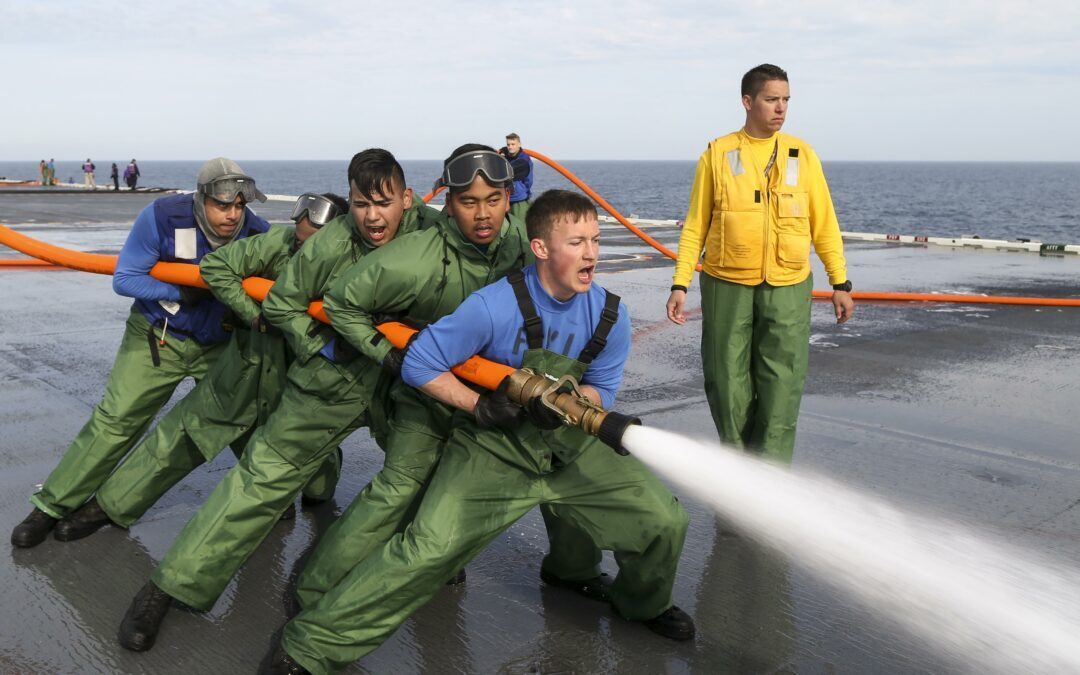The acronym MOS stands for “Military Occupational Specialty” in the U.S. military. What does it entail, and can it help you hire a Veteran? There are a number of employers throughout the United States that have taken steps to hire Veterans based on their MOS, and for good reason:
When searching for a job, it can be difficult for veterans to find a position that matches their skills and training. How do you know what skills you they need to find a fulfilling career at your company?
BASIC EXPERIENCE IN THE MILITARY
The first thing you should understand is what experience veterans have from prior life experience. This not only includes military training, but all auxiliary experiences a candidate has amassed before and after his/her service.
When veterans were in the military, there were basic skills that every member was required to have – some of which you may not have thought of:
- Administrative tasks (government forms, etc.)
- Attention to detail
- Timeliness
- Management & leadership
- Organization
- Customer Service
- Teamwork
- Logistics
- Public Relations
- Standards Enforcement
There were many skills that veterans were required to have, and DoD standards to maintain which ensured they maintained unit-readiness at all times.
TRANSLATE UNIQUE MOS SKILLS
When you sign up for a Veterans ASCEND skills-matching employer profile, we match your company’s open position with veterans’ skills. How do you leverage veterans’ unique experiences, skills, and training in such a way that helps veterans find a fulfilling career with your company, and avoid losing them to your competition?
There are over 1,000 MOS codes across our military and Coast Guard. It can be a bit difficult to understand how certain jobs during a veteran’s tour of duty might translate into a civilian career, especially if it was extremely specialized (i.e., a candidate worked as a drone operator overseas).
A great way to “convert” an MOS into civilian terminology and applicability is to think about what aspects of your company’s open position(s) uses similar systems, technology, and standard operating procedures used in the veteran’s MOS. Using the drone operator example above, flying a drone into enemy airspace can easily be a translatable skill for surveying aerial zones for different industries such as real estate, auditing crops for farmland, assessing environmental disaster damages, architecture, commercial videography, and much more.
FIND A NEW MISSION
It may very well be that a veteran’s MOS was a combat-related role, or something that doesn’t easily translate into a civilian position. Many veterans struggle with this, but if you believe in your company’s overall mission then they will, too.
When veterans search for a fulfilling career – not necessarily a job just that just pays their monthly expenses – it can be difficult. A “fulfilling” career, for veterans at least, is something that replaces the purpose and drive given to them during their time of service. Many veterans find that they no longer have a mission once they leave the military, and this can cause many to struggle with their transition into civilian careers.
However, knowing what a candidate loves to do – and matching that passion with their skills – is a great start to helping them start their journey to a successful, fulfilling career as a military veteran employee. Once you know what gives a veteran the sense of a new “mission”, it will help him/her find a position with your company that provides them with a sense of purpose once again!

